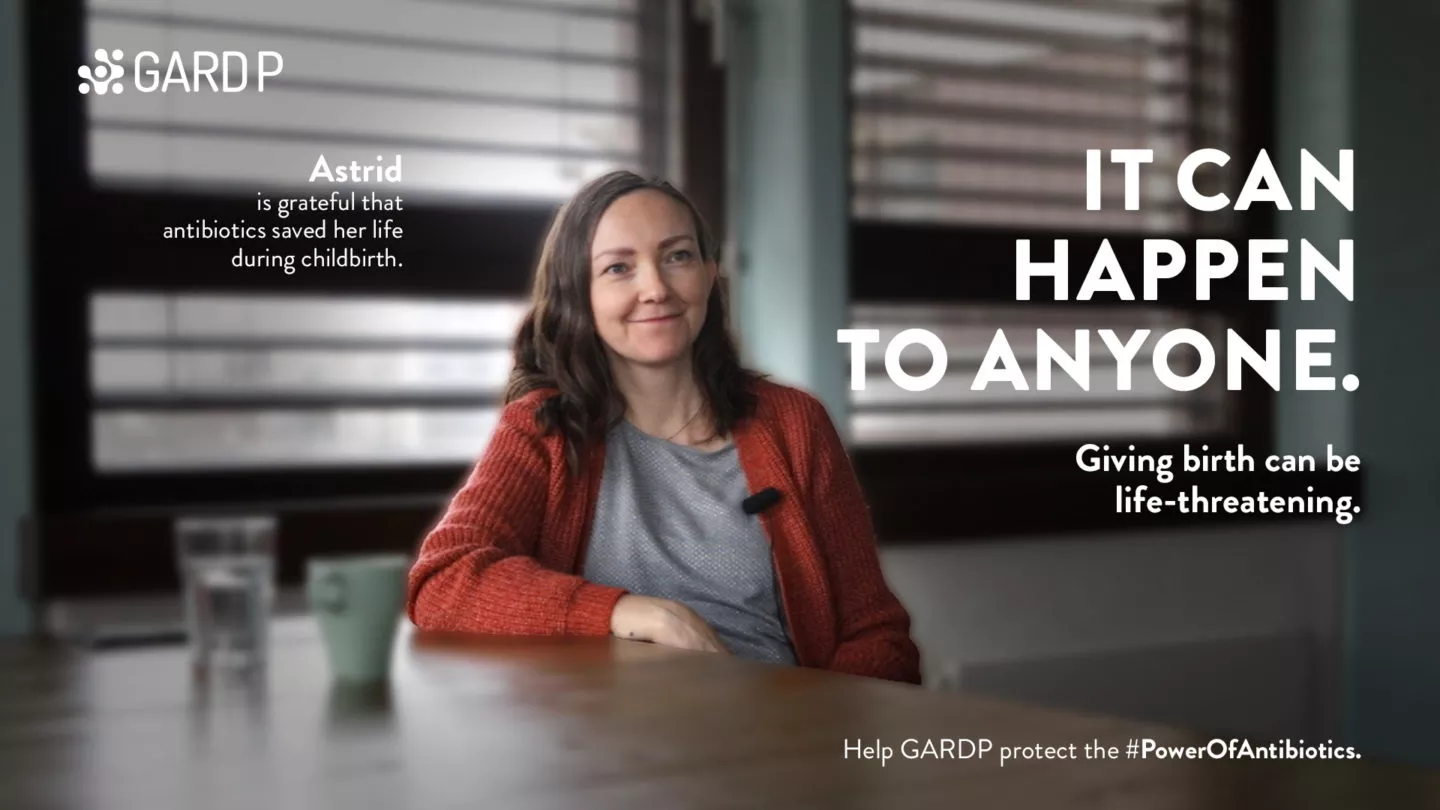Overcoming a life-threatening infection in childbirth
Astrid paced in the prenatal ward at Geneva University Hospitals (“HUG”) in Geneva, Switzerland, waiting for the baby to come.
Her water had broken hours ago. Since then, she had done a number of physical exercises to stimulate labour, but she still didn’t have contractions. Now doctors decided it was time to start inducing the birth, gradually moving to stronger interventions to prompt her body’s response.
Then all of the sudden, things started moving very fast.
Astrid started to shiver and vomit. Her temperature soared to 39.9°C. Doctors realized that she had a life-threatening bloodstream infection, and there wasn’t a moment to spare.
“I had worried about my baby, but until then, I had never worried about myself,” said Astrid.
Although maternal mortality has dropped over the past two decades, it still remains unacceptably high, especially in low- and lower middle-income countries. Even in wealthy countries like Switzerland, childbirth can have severe complications.
Soon, Astrid was being treated with antibiotics intravenously. Doctors got the infection under control, and Astrid gave birth to a healthy baby girl, Olivia.
Unfortunately, that wasn’t the end of the story.
Likely because of the infection, Astrid began haemorrhaging. It took over a dozen healthcare workers, an emergency surgery, and an experimental treatment to stabilize her body and stop the bleeding. During that period, Astrid received 13 units of blood, intravenous antibiotics for about one week, and oral antibiotics for another two weeks.
“Without antibiotics, I would not be here,” said Astrid.
Astrid’s near-death experience while giving birth has reinvigorated her work at GARDP, where she works as a Scientific Affairs Manager.
“My experience touches on so many topics, like research about maternal health, which is a not equal to other fields of medical research, and access to care, which is an important part of GARDP’s mission,” she said. “I feel so grateful that I had access to everything I needed and for all the amazing people who cared for me. I really know how privileged I am to be alive,” said Astrid.
Is there one thing she wants people to know?
“Nobody can lean back and say: it’s not going to happen to me. It can happen to anyone, anywhere in the world,” she said. “Without access to care, including lifesaving antibiotics, women will suffer and die unnecessarily.”
For more on GARDP’s work on access to antibiotics, see here: https://gardp.org/access-to-antibiotics/
For more on GARDP’s work on Scientific Affairs and REVIVE, see here: https://gardp.org/revive/
